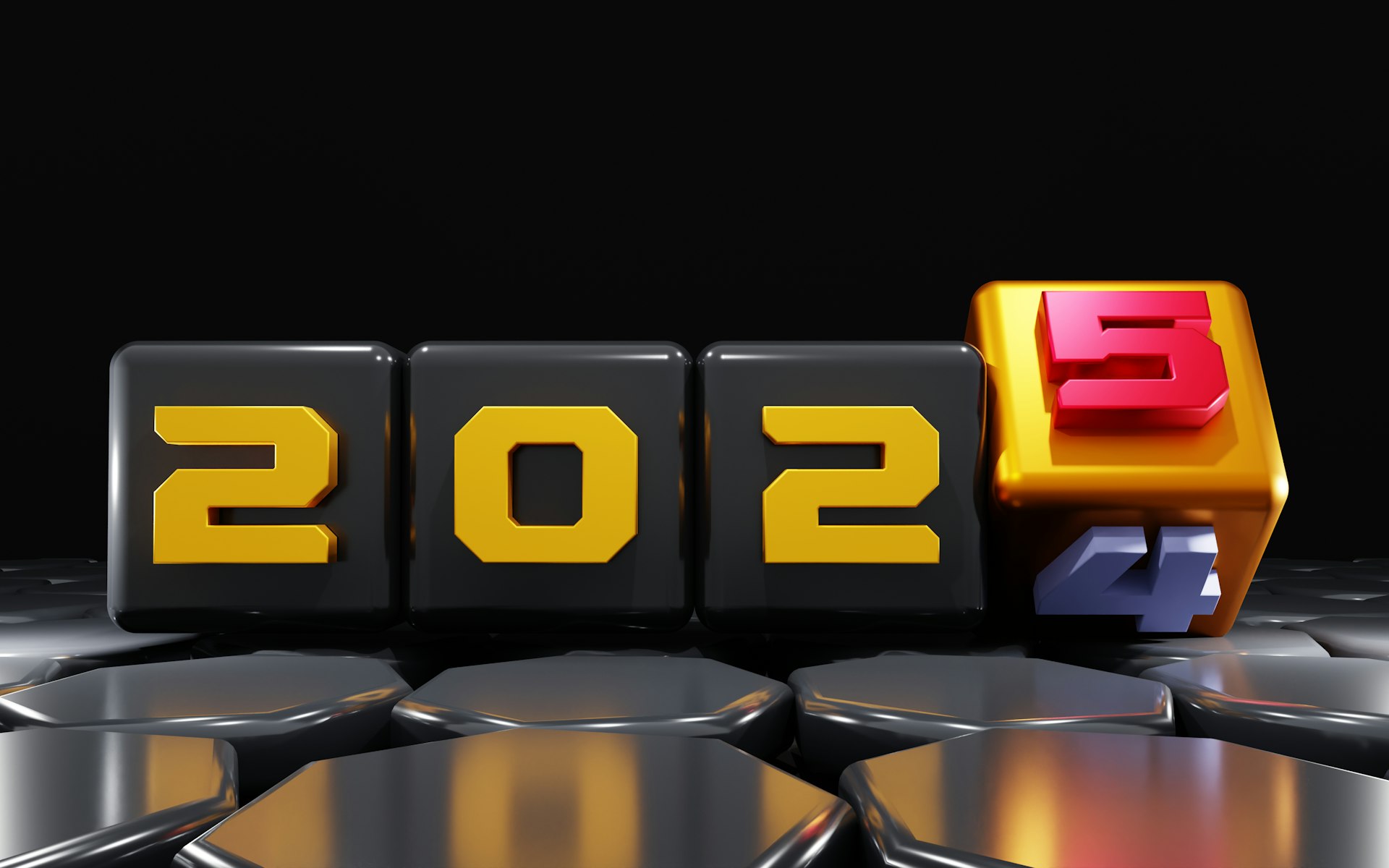Understanding the Psychological Impact of Horror Games: Fear, Resilience, and Beyond

Photo by Kris Cui on Unsplash
Introduction
Horror video games immerse players in atmospheres designed to evoke fear, anxiety, and suspense. As interactive experiences, these titles uniquely engage the mind and body, prompting emotional and physiological responses that differ markedly from passive media like film. This article examines the psychological impact of horror games, exploring both the positive and negative outcomes, and provides actionable guidance for individuals seeking to navigate these effects in a healthy way.
The Psychology Behind Fear in Horror Games
The core appeal of horror games lies in their ability to create intense emotional experiences. Unlike movies, games require active participation, placing the player in direct control of their fate. This interactivity means that fear is not just observed but experienced firsthand, activating the body’s fight-or-flight response and releasing adrenaline. People who are sensation seekers may be particularly drawn to horror games, finding pleasure in the rush of confronting virtual threats and the satisfaction that follows overcoming them. This is explained by Excitation Transfer Theory: the relief and satisfaction after surviving a terrifying moment are heightened by the prior stress, leading to a pleasurable dopamine release [1] .
Research also shows that the amygdala, associated with processing fear, and the hippocampus, linked to memory, are activated during suspenseful gameplay. Eerie music and sound design further amplify these reactions, often tapping into players’ personal fears and past experiences [1] . This complex interplay of sensory cues and psychological triggers underpins the powerful emotional impact of horror games.
Short-Term Effects: Stress and Emotional Response
Scientific studies confirm that horror games elevate stress levels, as measured by increased salivary cortisol and alpha-amylase, both biomarkers of acute stress. Players often report heightened anxiety, faster heart rates, and a sense of tension during gameplay. Cognitive functions, such as emotional regulation and memory recall, may be temporarily affected due to this heightened arousal [2] .
One study found that after playing a scary video game, participants showed higher stress levels and reduced cognitive performance, possibly due to changes in brain chemistry and neural activation. However, these effects are typically transient and reversible once gameplay ends. For most individuals, the acute stress induced by horror games is experienced as a form of safe excitement, akin to riding a rollercoaster [2] .
Long-Term Psychological Effects: Desensitization Versus Resilience
Debate persists over whether repeated exposure to horror games leads to desensitization or builds psychological resilience. Some longitudinal research suggests early and prolonged exposure to violent or frightening game content may blunt emotional responses to real-world violence and suffering. For example, a study found that individuals with significant early exposure to media violence, including horror games, displayed more aggressive behaviors in adolescence [3] .
Conversely, other studies highlight potential benefits. Regular players may develop superior coping skills for managing fear and anxiety, which can translate into real-life resilience. These individuals show improved threat assessment and reduced impulsivity when confronted with stressful situations, suggesting that horror games could serve as a form of controlled exposure therapy for certain fears [3] .
The truth likely lies between these extremes, with outcomes depending on factors such as individual temperament, frequency of play, and prior mental health status.
Emotional Diversity: Anxiety, Tension, and Satisfaction
Horror games evoke a spectrum of emotions, from anxiety and tension to satisfaction and relief. Studies using interviews and biometric data reveal that experienced players are often more comfortable with the emotional rollercoaster of horror games, while newcomers may experience greater discomfort or mood changes. The design aesthetics-such as lighting, narrative pacing, and sound-play a significant role in shaping these emotional experiences [4] .
For many, the sense of accomplishment that comes from overcoming a frightening challenge or escaping a terrifying scenario is a major draw. This can foster positive emotions and even contribute to self-confidence. However, it’s important to recognize that not all players react identically; some may find the same content distressing or overwhelming.
Cognitive and Attentional Effects
Horror games may also affect cognitive functions such as visual attention and problem-solving. Research on survival horror titles like “Resident Evil 4” found that players showed increased anxiety but also improved accuracy and faster response times on cognitive tasks after gameplay. While elevated anxiety is a potential concern, the improvement in selective attention suggests that horror games could be leveraged as tools for cognitive training in certain contexts [5] .

Photo by Butuza Gabriel on Unsplash
For individuals with attention-related challenges, carefully moderated use of horror games could be explored as a supplementary technique. However, it is crucial to approach this with guidance from mental health or educational professionals, as excessive anxiety or stress can be counterproductive.
Practical Guidance for Healthy Engagement
To maximize the benefits and minimize potential risks, consider these strategies:
- Monitor your emotional state before, during, and after gameplay. If you notice persistent anxiety, sleep disturbances, or mood changes, consider reducing exposure or taking breaks.
- Set time limits for horror game sessions, especially for younger players or those prone to anxiety.
- Reflect on your motivation for playing. Are you seeking excitement, catharsis, or a social experience? Understanding your goals can help you make informed choices.
- Engage with others. Discussing game experiences with friends or online communities can normalize emotional responses and provide support.
- If you or someone you know struggles with anxiety or trauma related to horror content, consult a mental health professional. They can offer tailored advice and support.
For parents concerned about their children’s exposure, it is advisable to review game content ratings and observe gameplay alongside your child. Open conversations about emotions and reactions can help children process their experiences in a healthy way.
Accessing Further Information and Support
If you are seeking mental health guidance related to gaming or media-induced anxiety:
- You can search for mental health professionals through national organizations such as the American Psychological Association. Visit the APA’s official website and use their “Find a Psychologist” tool.
- If gaming is affecting your daily functioning, consider contacting your healthcare provider for a referral to a mental health specialist.
- For additional tips on healthy media use, reputable organizations such as Common Sense Media provide expert reviews and advice for parents and individuals navigating digital content.
Always seek information from authoritative sources and consult with qualified professionals for personalized recommendations.
Summary and Key Takeaways
Horror games can powerfully influence psychological and emotional well-being. While they offer thrills, satisfaction, and potential cognitive benefits, they also present risks of increased stress and anxiety. Individual differences play a significant role in outcomes, making self-awareness and moderation essential. By understanding the mechanisms behind fear, monitoring your responses, and seeking support when needed, you can enjoy horror games as a positive and enriching experience.
References
- [1] Platinum Paragon (n.d.). The Psychology of Horror Games.
- [2] Aliyari, H. et al. (2023). Perceived Stress and Cognition Function Quantification in Scary Video Games.
- [3] Drwedge.uk (2024). The Psychological Effects of Horror Games: Fear, Fascination, and the Thrill of the Unknown.
- [4] Zhang, Z. (2022). Analysis of the Design Aesthetics and Player Emotions of Horror Games.
- [5] UCF (2024). A Survival Horror Video Game’s Impact on Visual Attention.
MORE FROM gowithdeal.com













